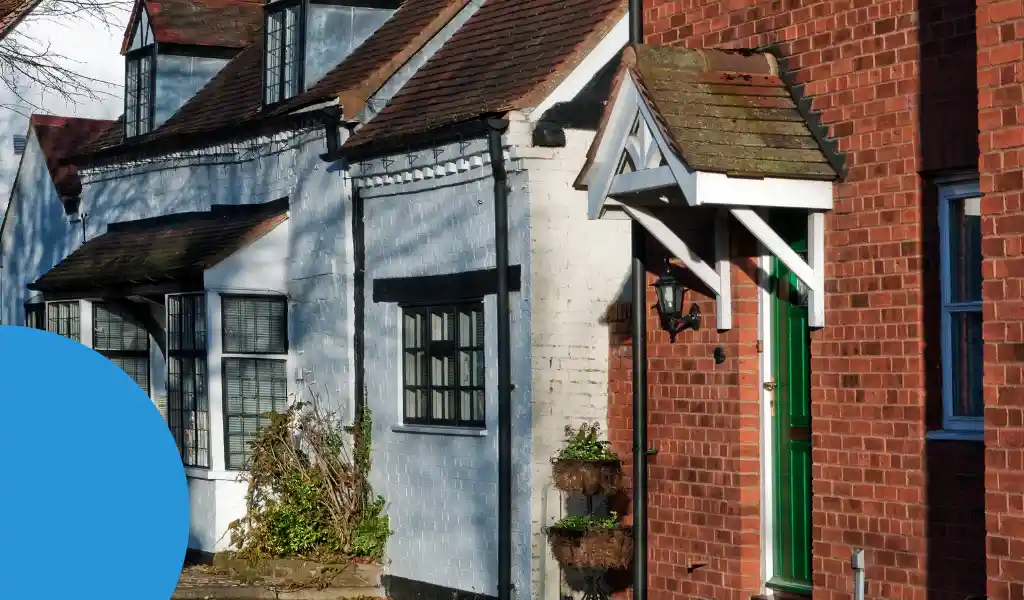Social property investment is about dealing with affordable and social housing solutions to the housing crisis and addressing the recent spike in homelessness in the UK. Although this property strategy mostly focuses on adding social value to the property investment, nonetheless it can be a very profitable market.
The Homelessness Reduction Bill over the next few months or years will come into force and with it the Housing First Homelessness strategy. These changes will increase housing stock across the UK and in response local authorities, housing associations, and when it comes to housing, other connected government and non-government organisations are starting to be much more flexible in their thinking.
Social property investment means housing people on Universal Credit or Local Housing Allowance for those who are classified as vulnerable or homeless. It is not feasible or advisable for property investors to go it alone with social tenants because this property strategy requires a deep level of involvement between the local authority, landlord, and other third-sector organisations.

Those property investors with available HMOs in the right location can satisfy the increasing demand for social housing. There is a very large number of people in the UK who cannot afford accommodation and so rely on local authorities for it. Depending on the area, they receive something called Universal Credit, or Local Housing Allowance.
The major benefit of the housing tenants is that you will not rely on their income for rent but that comes from the local council.
As a result, you exactly know what you are getting each month. Though, it is important to know that all councils will not agree to pay you directly.
For example, suppose you invest in a three-bedroom house. The council assesses the rent price for all three-bedroom homes by area, so you can calculate immediately whether the opportunity will be profitable.What is more important, despite being a relatively low-risk endeavor, rents of housing benefit tenants tend to be high.
What are the downsides?
It becomes sometimes challenging to manage the tenants if it is not being directly paid to you, rents are not always paid on time, and maintenance costs may be higher. Properties are also not in an ideal location so there are fewer chances of the prices going up. There are many ways to tackle these challenges and it might be a high-yielding strategy. The best way to approach this strategy is to first willingly put in time and effort into finding the right tenants and developing an understanding of the workings of the benefits system.
Advantages of social property investment
- Secured Income: There is a higher possibility that you will receive rental income regularly because of the government subsidy. Investors are guaranteed income because the government pays from 30 to 70% of tenant rent.
- Far Higher Demand: The demand for social housing in the UK is very high and if compared with other properties there are chances of far less vacancy. That’s why you will not wait for the tenants.
- Vetted tenants: In the housing subsidy program, the government pre-screens all tenants.
Drawbacks of social property investment
- Funding changes – although the government gives security for the rental income of social housing. At the same time, it is important to note that it will not continue till the end but that policy of funding stream can change. If such changes take place, will have a huge impact on your investment.
- Facility Requirements: when it comes to facility refurbishments and other requirements, it is imperative to understand the government standards as this may impact your cost and calculate it when evaluating the yield from investment.
- Properties are not at the desirable locations and benefit from less capital growth.

Social property trade or investment
Social housing is a term that describes the affordable housing provided by the government to those citizens who cannot afford housing in the UK. This lower cost of government-sponsored accommodation aims to provide houses to all those who are unable to buy or rent a standard property. This concept of housing emerged as an alternative to the private rental sector, providing cheaper rent prices, stable places to live, and long-term tenancies.
Social housing is generally provided by housing associations, local councils, social care operators, and registered charities. A social tenant reports directly to and pays rent to the organization which is acting as a landlord to the property.
Given all these points, it is a long-term investment and its long-term objective is to reduce homelessness and provide standard living to those who need it. Once you invest in social housing, your investment will be secured by long-term government leases of up to 20 years.








